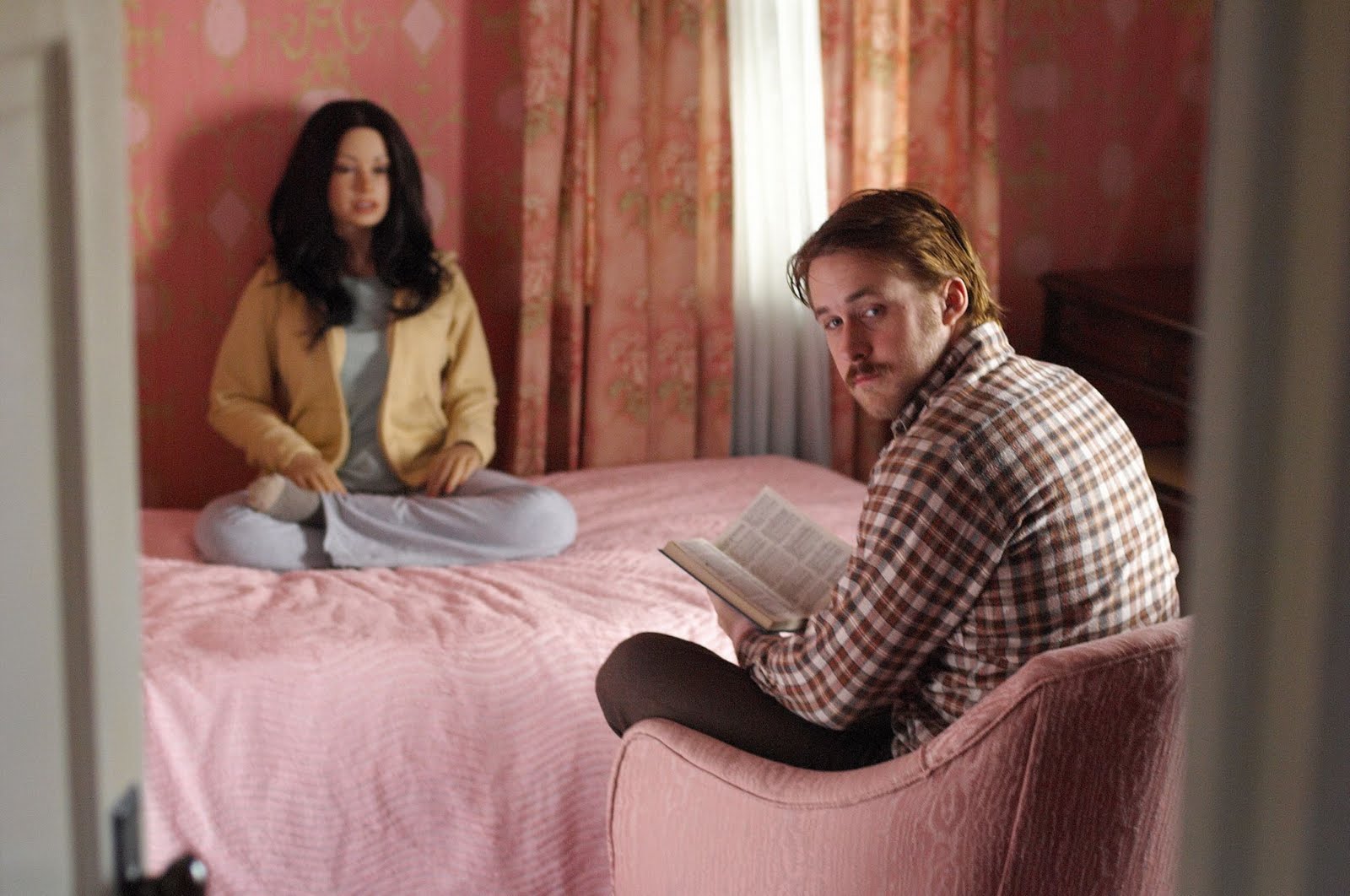
- Last December 3rd, I wrote a blog recommending the movie, The Silver Lining Playbook. So I am thrilled that it’s been nominated for seven major Academy Awards. Several of you sent me emails this week about Robert DeNiro who teared up on the Katie Couric show when discussing his role in the film. Some Hollywood cynics snipped that DeNiro was trying to win sympathy because he has been nominated for Best Actor in a Supporting Role in the movie. I felt those attacks were unsupported and cruel, especially after I read that DeNiro’s father, Robert, was believed to have bipolar disorder and suffered from bouts of paralyzing depression.
- I’m happy Hollywood is doing a much better job of portraying mental illnesses. The National Alliance on Mental Illness recently crowed about HOMELAND and its protagonist, Carrie Mathison, played by actress Claire Danes, who has bipolar disorder. SAMHSA gave HOMELAND a Voice Award.
- In March 2010, I wrote a blog about another fabulous movie — Lars and the Real Girl. In my opinion, its message is even better than the one delivered in The Silver Lining Playbook.
A Movie Worth Seeing!
The next time you are looking for a DVD to watch, rent Lars and the Real Girl, written by Nancy Oliver, and directed by Craig Gillespie. When it first came out, I had no interest in it because of the brief plot outline. The movie poster showed a man sitting on a coffin-like, wooden container that held a life-size sex doll. The plot outline said the man thought the doll was real. That wasn’t a premise that interested me.
But then my son saw it and told me that I should watch it and one night, Patti and I did.
I was blown away.
Actor Ryan Gosling plays Lars Lindstrom, a likable but withdrawn young man who has trouble making friends. One night he buys a life-size sex doll on the Internet and falls in love with it. He names her Bianca and explains that she is a Brazilian missionary so she doesn’t believe in pre-marital sex. He treats her as if she were a real person.
Now here’s where this movie turns from — as a review in The Wall Street Journal put it – “a five minute sketch on tv” into an “achievement that borders on the miraculous.”
Rather than dismissing Lars as a deeply disturbed person and shunning him, the entire small town community goes along with his delusion – cautiously at first. They realize that Lars is a person who needs their support and as they go about helping him heal, they discover themselves being changed and healed too.
And that is why I liked this movie so much – it shows the power of community support.
Don’t get me wrong. I am not saying that simply having community support is going to help someone control the symptoms of their illness. But what I am saying is that it can be play a huge role in helping them recover.
All of us want to be connected to other people, to be appreciated, to be someone who matters. My late friend, Tom Mullen, who created the treatment program Passageway in Miami, used to say that persons with severe mental illnesses are the most isolated people in our world.
Tom understood the important of acceptance in the recovery process.
I’m not sure what the makers of Lars and the Real Girl were hoping to accomplish.
But for me, the movie is a poignant testament to what can happen when a community recognizes that one of their own is suffering and needs understanding and help.
If you doubt the importance of persons with mental illness interacting with other people, consider a note that I received recently from a psychiatrist whom I greatly admire. She told me that she had a patient with severe schizophrenia who was homeless. She managed to get him into an apartment, but he kept sleeping at night in an alleyway behind a Starbucks. When she asked him why, he explained that he wanted to be outside the store every morning when it opened because people would talk to him and buy him coffee.
That note reminded me of another scene that I watched recently in a tremendous documentary called EMPRESS HOTEL, — a film that I plan to write more about later.
One of the homeless persons featured in this documentary explains that the reason why she panhandles every day is not because she wants money, but rather, it is the only way for her to get people who see her to talk to her.




I’m a big fan of Benny and Joon because it shows psychosis in a realistic way, as well as the experience of the caregiver.
Erika, my daughter, and I are off to see Silver Linings Playbook this weekend. I can’t wait to see it!
A good true story and a movie/broadway play is The Elephant Man. Though not about mental illness, it is about the sick behavior of people w/ stigma played out to an extreme. John Merrick became self-isolated and depressed, and people shunned him and were afraid because of his looks. Stigma caused him to loose his will to live, as it does today for millions with no family, struggling alone w/ mental illness.
Has anyone seen the musical, Next to Normal, because I haven’t seen it yet?
All I know is that it’s a story about a mother’s bipolar illness and her suburban family’s struggles with her. If anyone wants to fill me in on the play and it’s message about mental illness in the family, I would appreciate it. Thanks.
Terri
Documentaries:
This Dust of Words, Jupiter’s Wife, Art from the Streets
It’s Kind of a Funny Story is a wonderful movie. It’s about a teenager who has himself committed because he’s suicidal.